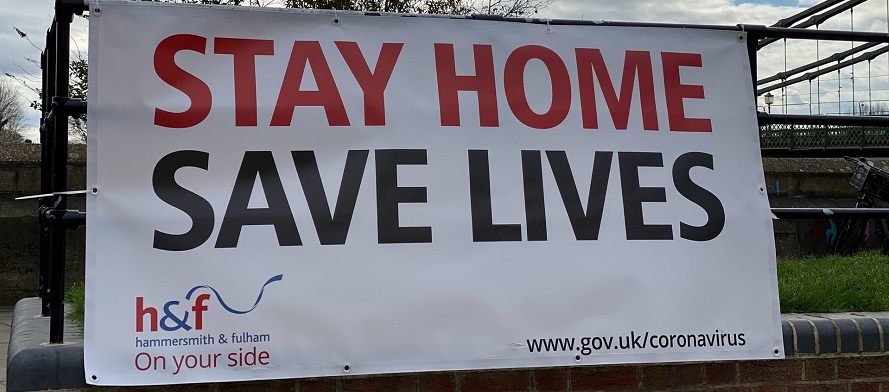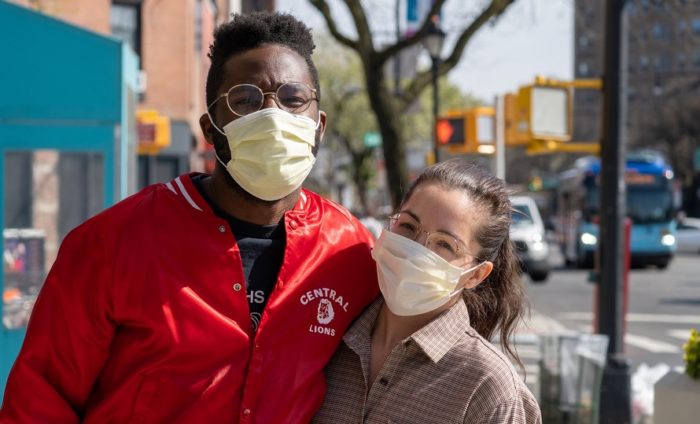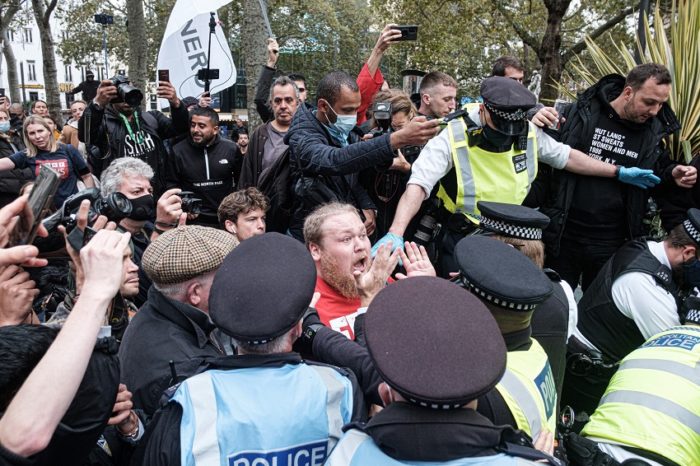Between two COVID-19 responses: the UK and Colombia

I was in London when, back in March 2020, governments worldwide mandated people to stay indoors as an emergency measure to deal with the COVID-19 pandemic. I am a Colombian citizen but I've been living in the UK since 2012, for the most part under a student visa. My mother, siblings, friends and extended family live in Colombia so I have been carefully following all Covid developments both in the UK and my home country.
The one difference that has struck me the most is that Colombia only had one national lockdown compared to three lockdowns in the UK, despite Colombia also experiencing spikes of infection throughout the pandemic. The first lockdown in the UK and the Colombian lockdown started at the same time, in March 2020, and ended in June and September 2020 respectively, but while the three UK lockdowns came with a range of financial support for non-essential businesses and furlough schemes, the Colombian lockdown entailed a series of stages for the reopening of the different economic sectors as the country could not afford to keep businesses shut for long. I assumed this had to be the case in most developing countries where, in the absence of a welfare state, citizens have few options or recourse to public funds. Although the UK’s welfare state has been increasingly threatened by the austerity programme, it is still robust compared to the limited subsidies the Colombian government can offer its citizens who are mostly employed in the informal sector. In this context, the government and the civil society in Colombia took to heart the new mandates such as social distancing and the wearing of facemasks. It was only by abiding to these new rules that people could go on with their lives and earn an income whilst feeling somehow protected from the virus.

Photo by Julian Wan on Unsplash
I was however sceptical of people’s behaviour in Colombia because, after all, the country was kept in the red list of the United Kingdom for most of 2020 and 2021. I assumed this was due to poor compliance with COVID management measures. It wasn’t until October 2021 that the UK government scrapped the red list and people travelling from these countries could avoid paying over £2,000 on their arrival to the UK for a 10-day mandatory quarantine at a government-sanctioned hotel. I bought my ticket right then and there so I could travel to Cali, my hometown, in January 2022.
Upon 24 hours of my arrival in Colombia, I realised how mistaken I was when I equated the lack of capacity of going into lockdown, and the country’s inclusion in the UK’s red list, to poor citizen response to the pandemic. I found almost 100% of the people wearing facemasks, not just at the entrance of shops or crowded spaces, but from the moment they left their houses. There were pedal-operated hand sanitiser dispensers at every public space and shop, Covid-related documents carefully inspected at airports, and although not mandated by the government, restaurants required vaccination certificates for entry. Adherence to these restrictions was not only carried out by the police forces but by all civilians.
While many British people used facemasks differentially throughout the pandemic, and there were various protests against their use, as well as the prospect of mandatory vaccination, Colombian citizens seemed to have no problem in abiding with these measures.

Photo by Ehimetalor Akhere Unuabona on Unsplash
These are my personal observations - I did not follow the infection rates or number of hospitalisations and deaths as a basis to compare the effectiveness of Covid restrictions to deal with the pandemic in the UK and in Colombia. However, I cannot help but wonder at the difference between people's behaviour in the UK and Colombia during the pandemic. Was it down to socioeconomic differences as I mention earlier, or is there more to it? The answer is probably multifaceted and deserves a more nuanced piece than a blog so I will end here with four questions:
1) Why are mandatory facemasks and vaccination considered an infringement of civil rights by some people in rich countries but not in middle-income or poor countries? Do citizens in developing countries lack education on their civil rights?
2) Were rules clearer overall in Colombia compared to the UK? Are middle-income and poor countries more used to living with crises compared to rich countries?
3) Did the UK government rely more heavily on police forces to manage the pandemic compared to Colombia?
4) In relation to the response to the pandemic, is the Colombian government more trustworthy than the British government?
Blog post by Dr Monica Bernal Llanos
